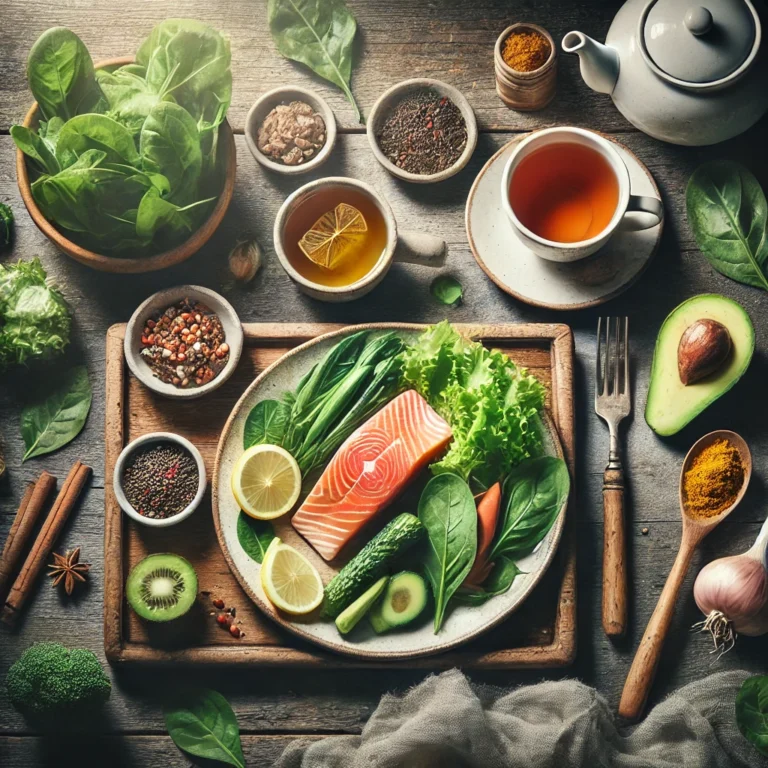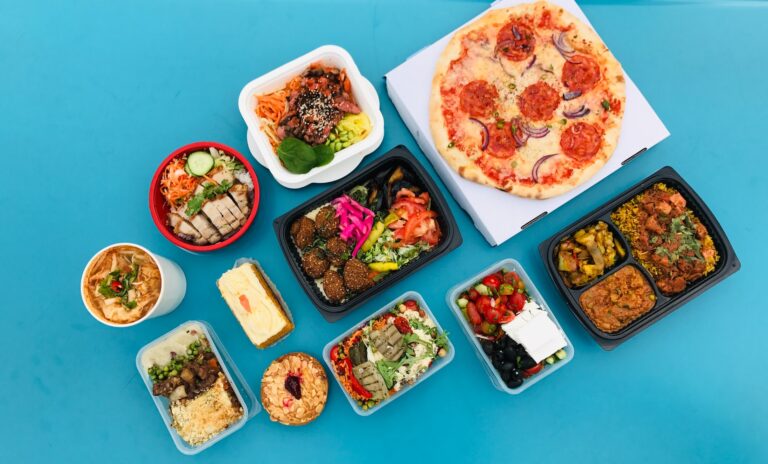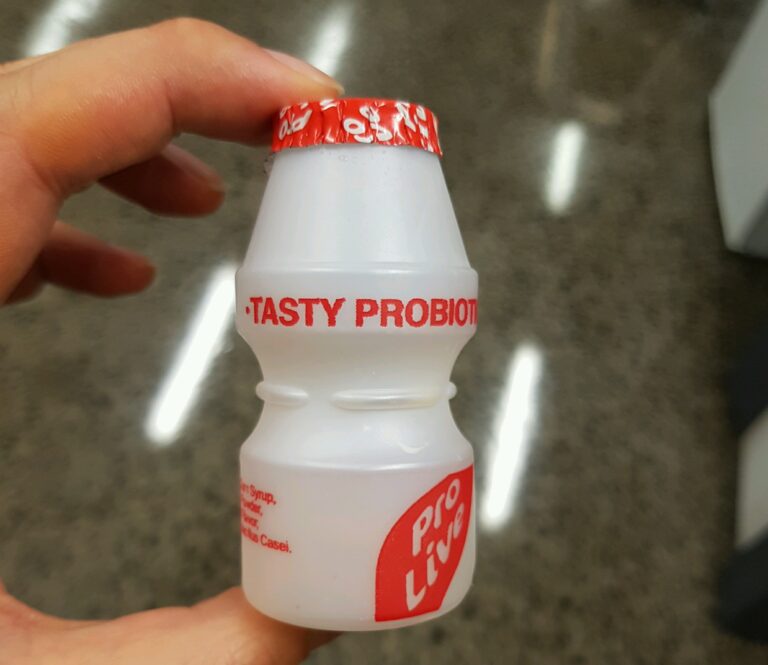Living with Crohn’s Disease isn’t easy. But one effective way to manage symptoms is through a carefully planned diet for Crohn’s disease. From the relentless abdominal pain to the constant fatigue, each day presents its own set of challenges. But amidst the struggle, there’s one powerful tool we can harness to regain control: our diet. As someone who’s walked the path of Crohn’s for years, I understand the importance of nourishing our bodies with the right foods. A tailored diet for Crohn’s disease can help you manage symptoms, reduce inflammation, and improve your quality of life. Join me as we explore the intricate link between diet and Crohn’s Disease, uncovering practical tips to ease symptoms and reclaim our vitality.
Crohn’s Disease and Diet: What You Need to Know
Crohn’s Disease causes inflammation in the digestive system, leading to symptoms like abdominal pain and fatigue. While medications and treatments are crucial, diet plays a powerful role in managing symptoms and improving quality of life. Let’s explore how the right dietary choices can make a difference.

Navigating Your Diet
Managing Crohn’s starts with understanding what to eat and what to avoid. Steer clear of processed foods, sugary treats, and alcohol, as they can trigger inflammation. Instead, focus on nutrient-rich options like fresh fruits, vegetables (as tolerated), lean proteins, and whole grains. Think of meals centred on hearty soups, simple grilled proteins, and gentle-on-the-stomach carbohydrates. For more meal inspiration, explore our collection of Crohn’s disease recipes for easy, gut-friendly ideas.
Anti-Inflammatory Spices for Crohn’s Disease
But here’s where it gets exciting – the transformative potential of spices and herbs. Spices like turmeric and ginger are natural allies in managing inflammation and digestive discomfort. Turmeric’s anti-inflammatory properties shine in soups, stews, or even smoothies. Ginger, a digestion booster, works well in teas, stir-fries, or baked dishes. Incorporate these to bring both flavour and relief to your meals. Embrace these culinary companions and watch as they infuse your meals with both flavour and healing.
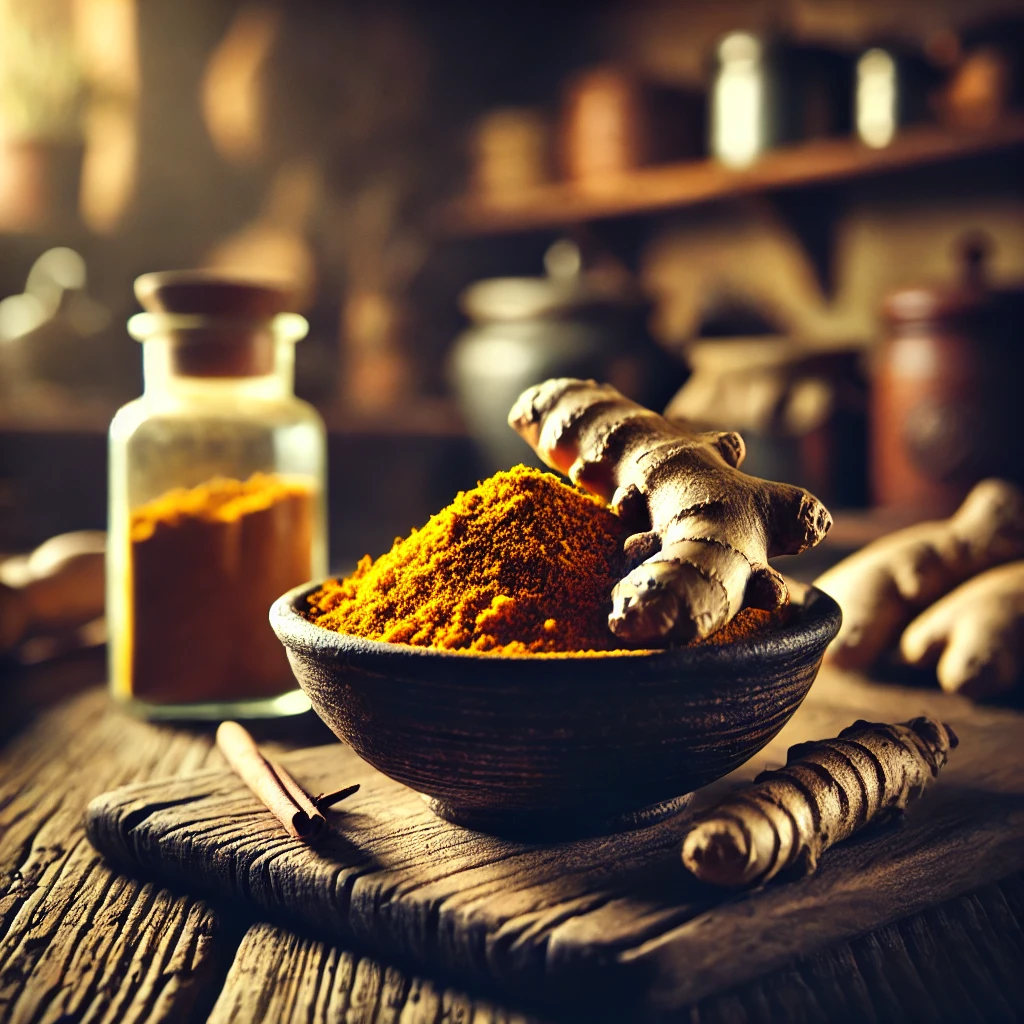
Probiotics and Gut Health for Crohn’s
Delve deeper into your gut health journey with the inclusion of probiotics. Probiotics, found in foods like yogurt, kefir, and fermented vegetables, can help balance gut bacteria and reduce inflammation. Adding these to your diet may support overall gut health and ease Crohn’s symptoms.
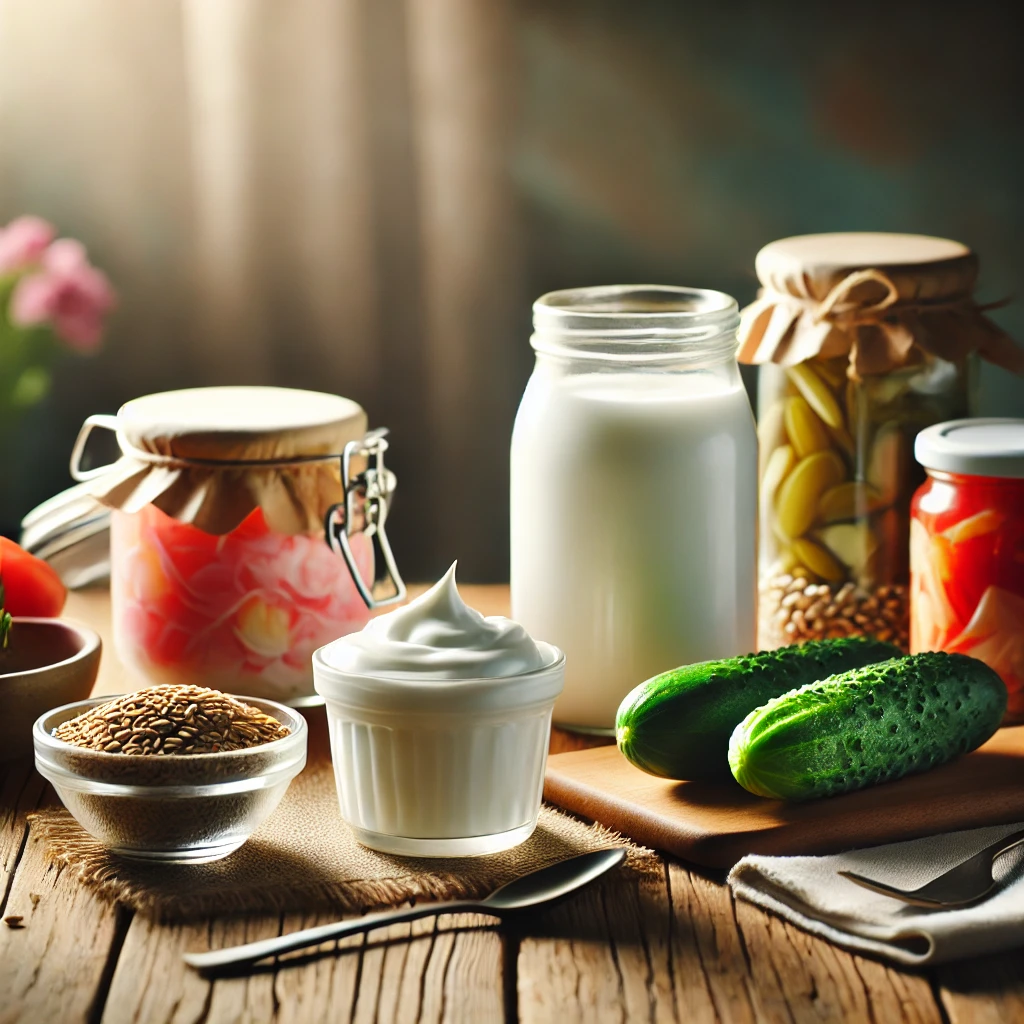
Personalising Your Crohn’s Disease Diet
Crohn’s symptoms vary widely, so your diet should reflect your unique needs. Work with healthcare providers or dieticians to identify triggers and safe foods. A personalised approach ensures you’re addressing your body’s specific requirements while staying nourished.
Can You Enjoy Desserts with Crohn’s Disease?
Ah, the age-old question – can we satisfy our sweet tooth without triggering a flare-up? Absolutely! It’s all about finding that delicate balance between indulgence and nourishment. TYes, you can still enjoy desserts! Opt for natural options like fresh fruit or small portions of dark chocolate. If you’re feeling creative, try making desserts with gut-friendly sweeteners like honey or maple syrup, but always in moderation.
In the grand tapestry of life with Crohn’s Disease, our diet emerges as a potent thread, weaving together moments of healing, resilience, and joy. By embracing nutrient-rich foods, harnessing the power of spices and herbs, and fostering open dialogue with healthcare professionals, we embark on a journey towards greater well-being. So, let’s savour each bite, relish each moment, and remember – amidst the challenges, there’s sweetness to be found. After all, life is too precious to forgo the pleasure of pudding.
Feel free to reach out with any questions or insights. Together, we navigate this journey with strength, grace, and a sprinkle of culinary delight.
Yes, opt for homemade treats with natural sweeteners like honey or maple syrup in moderation.
Yes, steer clear of processed foods, sugar, alcohol, and saturated fats, focusing on whole, nutrient-dense options.



